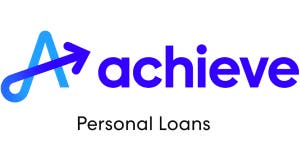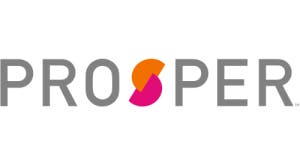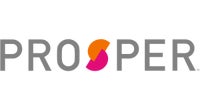Definition of terms
APR
Annual percentage rate, or APR, represents the interest rate plus any additional fees that may impact the annual cost of your loan.
Estimated monthly payment
How much you can expect to pay on your loan each month based on the loan principal, loan term and interest rate.
Term
The period of time until your loan achieves maturity and is paid off in completion. Terms can be expressed in months or years, depending on the details of your loan.
Total interest and fees
Total interest and fees include estimated interest over the life of your loan and origination fees, if applicable.
AutoPay
Automated payments are recurring monthly charges on a bill's due date that are automatically deducted from the borrower's account. These are normally used for loans, mortgages and other bill payments.
Bankrate Score
Bankrate's scores for personal loan lenders evaluate 11 data points related to loan costs and terms, as well as customer experience.
Max Loan Amount
The max loan amount is the largest sum a lender will give. This amount may not be available to borrowers who don't have good or excellent credit.
Settlement Fee
The estimated range of fees, as a percentage of your total debt amount resolved, that are owed to the debt settlement provider as payment for their services.
BBB Rating
Represents the Better Business Bureau's opinion of how the business is likely to interact with its customers. The BBB is a non-profit organization which has helped provide unbiased information to consumers for over 100 years. The BBB rating is based on information BBB is able to obtain about the business, including complaints received from the public. BBB assigns ratings from A+ (highest) to F (lowest).
















